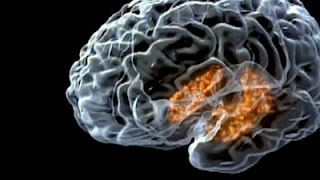Notes due: Fri Dec. 16
Flash Cards due: Mon. Dec. 19
Flash Cards due: Mon. Dec. 19
Concept Map Tues. Dec. 20
Unit Test: WED. Dec. 21 (Two days before Winter Break)
Unit Test: WED. Dec. 21 (Two days before Winter Break)
Pavlov won the Nobel Prize for his work... This website has simulations and lots of great info on him.
Classical Conditioning on the show, "The Office"
What is the UCS, the UCR, the NS, the CS and the CR?
Classical Conditioning of of emotions by John Watson ... the birth of Behaviorism...poor Little Albert
Operant Conditioning:
Operant Conditioning - B.F. Skinner the ultimate Behaviorist
Observational Learning:
Observational Learning / Social Learning - Can you learn just by watching? Alfred Bandura
Children See - Children Do... PSA about Observational Learning
Insight Learning:
Insight Learning... a sudden inspiration - no trial and error, no reinforcement.And... our friend Hank explains with two great videos.



















